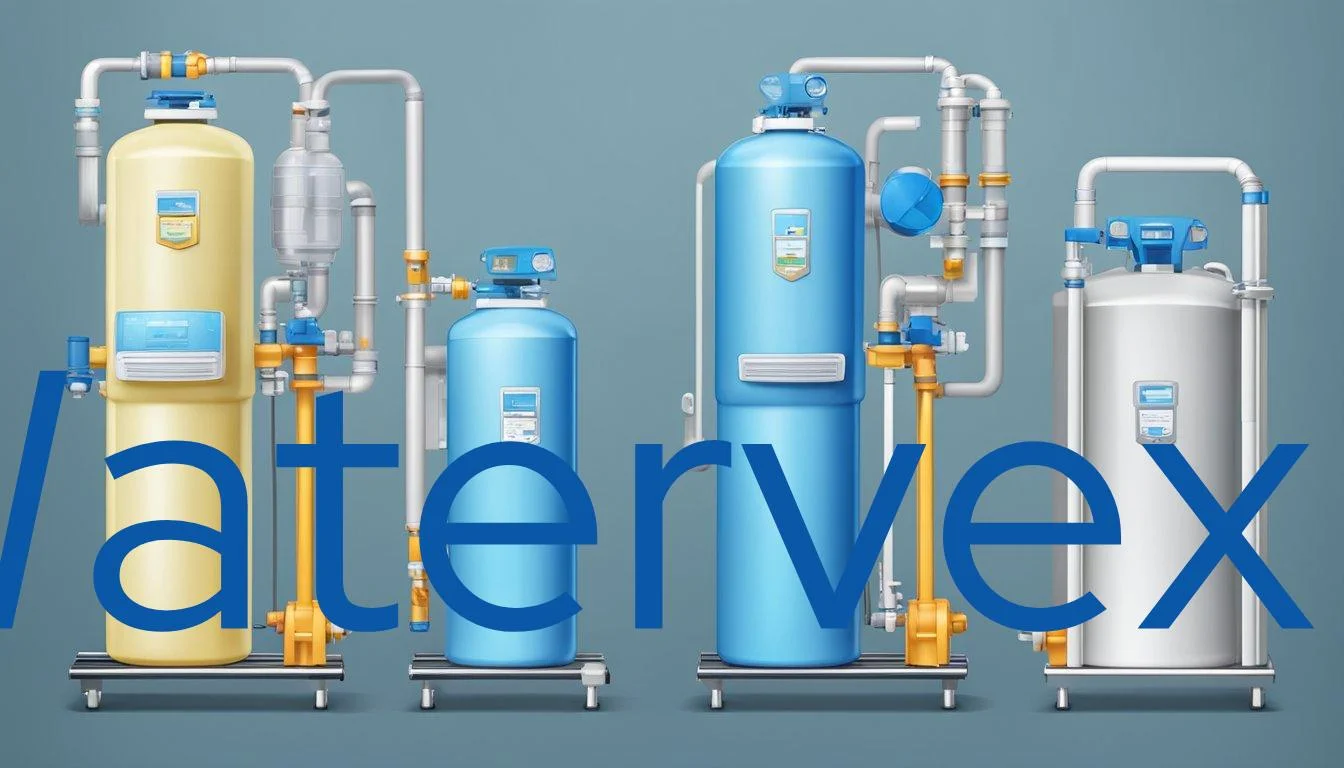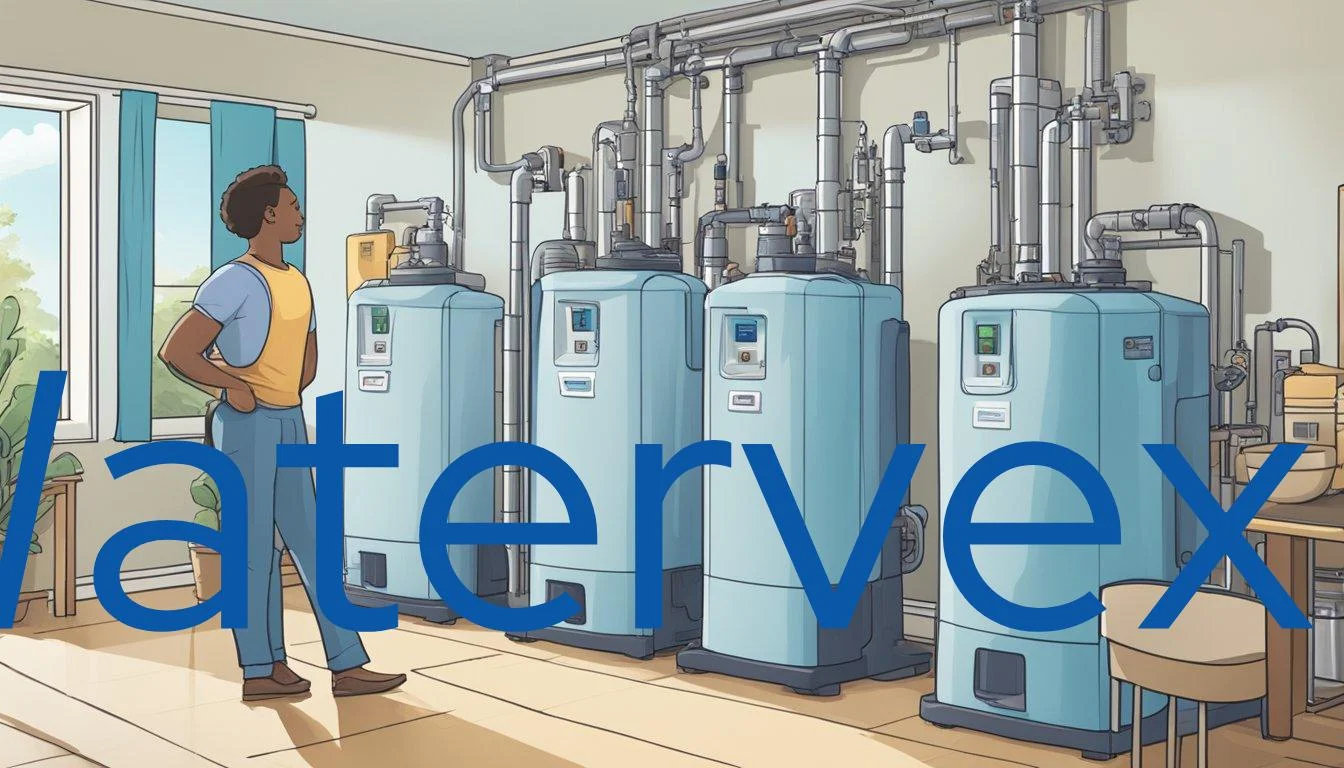When it comes to the health and maintenance of your home’s water system, understanding the difference between a water conditioner and a water softener is crucial. Hard water, which contains high levels of minerals like calcium and magnesium, can cause issues ranging from mineral buildup in pipes and appliances to skin irritation after bathing. While both systems aim to address the problems associated with hard water, they operate on different principles and offer distinct benefits.

A water softener specifically targets the hardness of water by employing a process known as ion exchange. This system swaps out calcium and magnesium ions for sodium ions, effectively softening the water. On the other hand, water conditioners are designed to alter the structure of hardness-causing minerals without removing them, preventing them from depositing scale on surfaces. This can be an important distinction for families concerned about the sodium content in softened water or for those who wish to retain certain beneficial minerals.
Choosing the right solution for your home depends on various factors such as water quality, personal health concerns, budget, and whether you’re focused on removing minerals or simply preventing scale buildup. Consider the specific needs of your household, and weigh the long-term benefits and maintenance requirements of each type of system to make an informed decision. With a clearer understanding of how water conditioners and softeners work, you can ensure that the water in your home is not only safe to use but also conducive to the longevity of your appliances and plumbing.
Key Takeaways
- Water softeners use ion exchange to replace hard minerals with sodium.
- Water conditioners prevent scale without eliminating minerals.
- Evaluate your household needs to choose the appropriate system.
Water Conditioner vs Water Softener: Understanding the Key Differences
Navigating the complexities of water treatment can be perplexing, but understanding the distinctions between water conditioners and water softeners is pivotal for ensuring your home’s water quality.
Effectiveness of Water Conditioner vs Water Softener
Water Softeners: Using ion exchange, water softeners replace calcium and magnesium ions with sodium or potassium ions. This process effectively eliminates hard water minerals, thus preventing scale buildup that can damage your household pipes and appliances. The result is water that’s truly softened, reducing limescale and soap inefficiency.
Water Conditioners: On the other hand, salt-free water conditioners, employing techniques like template-assisted crystallization (TAC) or magnetic water treatment, don’t remove minerals. Instead, they alter the structure of the minerals, reducing their ability to form scale. Although these water conditioners don’t offer the same level of softening as traditional softeners, they are effective at controlling scale without adding sodium to the water.
Cost and Maintenance: Water Conditioner vs Water Softener
Initial Investment: Water softeners typically require a higher upfront cost than water conditioners due to the complexity of the ion exchange system.
Maintenance Requirements:
- Water Softeners demand more maintenance, with regular salt replenishment necessary for their functionality.
- Water Conditioners generally boast a lower maintenance profile, with systems like TAC not requiring salt or as frequent service.
Operating Costs: Over time, water softeners can increase your household’s water usage (due to regeneration cycles) and add to the monthly cost, whereas water conditioners maintain steady operating costs since they do not regenerate.
Selecting between a water softener and a conditioner hinges on your household’s specific water issues, budget, and maintenance preferences. Each solution presents a practical approach to managing water quality, ensuring you can tailor water treatment to address the unique needs of your home.
Choosing the Right Solution for Your Home

When selecting a water treatment solution, it’s crucial to consider your specific needs. Begin by evaluating your water quality. If you notice scale buildup in your pipes or appliances, have a professional test your water for hardness levels due to high calcium and magnesium content.
Water softeners traditionally use ion exchange to replace minerals like calcium and magnesium with sodium ions, effectively softening the water. This can prevent scale and extend the lifespan of your plumbing and appliances. However, they do introduce sodium into your drinking water, which may not be preferable for everyone.
On the other hand, water conditioners don’t remove minerals but rather alter their form so they don’t deposit as scale. They come in various types, including salt-free options, which can be better suited if you’re watching your sodium intake or seeking a low-maintenance solution.
| Aspect | Water Softener | Water Conditioner |
|---|---|---|
| Removes Minerals | Yes | No |
| Maintenance | Higher | Lower |
| Cost | Varies | Typically Lower |
If you’re concerned about contaminants like chlorine, a water conditioner with water filtration system capabilities may be beneficial. Consider this if you’re aiming for both scale prevention and contaminant removal.
For a comprehensive approach, you might look into reverse osmosis systems, which can remove a broad range of contaminants, albeit at a higher initial cost.
Cost factors include initial investment, ongoing maintenance, and potential savings from protected appliances. It’s vital that you balance these with the health benefits and improvements in water taste and safety.
Remember to choose the option that aligns with your family’s health concerns and lifestyle needs. Consider consulting a professional to assess your home’s situation and guide you in making an informed decision.

